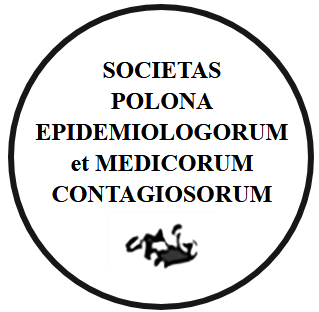ABSTRACT
INTRODUCTION. Adopting preventive behaviors and following the guidelines for controlling the COVID-19 epidemic depend on people’s self-efficacy in carrying out these behaviors and instructions. The aim of this study was to investigate the psychometric properties of the Persian version of the COVID-19 Self-Efficacy Scale (COVID-19 SES, Hernández-Padilla et al., 2020).
MATERIAL AND METHODS. This cross-sectional study was performed in a group of 400 people who were residents of the city of Asadabad in western Iran from December 2020 to January 2021. The participants were selected using a convenience sampling method. Face and content validity was assessed qualitatively based on feedback from the participants and experts, and the necessary changes were applied to the final version of the questionnaire. For construct validity, exploratory factor analysis (n=200) and confirmatory factor analysis (n=200) were performed. Internal consistency was expressed as Cronbach’s alpha coefficient. Relative stability was assessed using the intraclass correlation coefficient (ICC), and absolute stability was calculated through examination of standard error of measurement (SEM).
RESULTS. In exploratory factor analysis, three factors of prevention, symptom recognition, and homemanagement of COVID-19 were extracted that together explained 71.35% of the total variance. The internal consistency of the whole instrument was 0.955 and its three dimensions were 0.894, 0.916 and 0.955, respectively.
In addition, an ICC of 0.986 (95% CI: 0.975-0.993, p=0.001) was found. In the confirmatory factor analysis, comparative and parsimonious fit indices were excellent, and absolute fit indices were moderate.
CONCLUSIONS. The Persian version of the COVID-19 SES has good validity and reliability and can be used to measure self-efficacy in prevention, symptoms recognition, and home-management of COVID-19.
You can change cookies settings in your browser. Restricted use of cookies in the browser configuration may affect some functionalities of the website.




